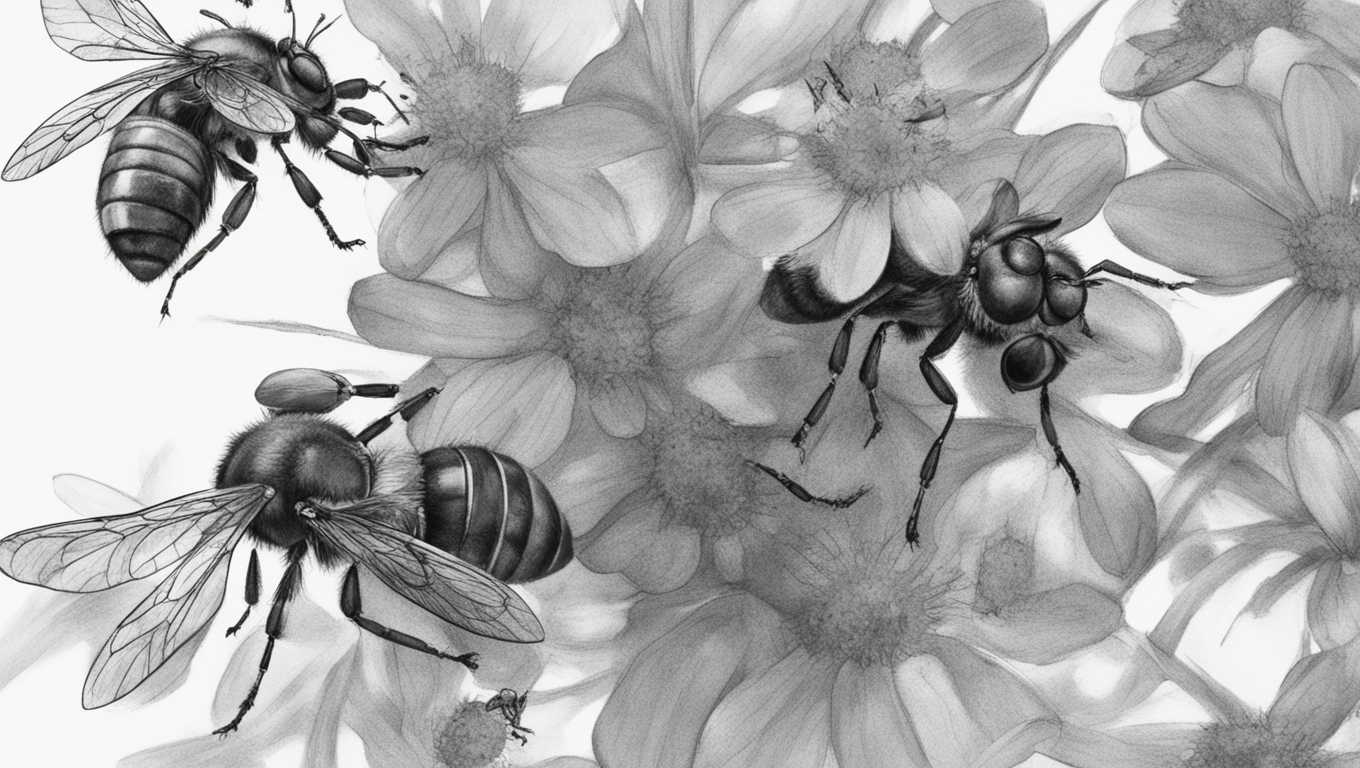An army of AI robots could soon be fighting off an invasion of Asian hornets, thanks to the development of a new AI system called VespAI. Asian hornets have already spread to much of Europe, Asia, and the US, leaving the UK vulnerable to their invasion. However, researchers from the University of Exeter have trained an AI system to detect and identify the hornets with near-perfect accuracy.
VespAI works by using a “bait station” to attract insects, including the Asian hornets. An overhead camera is placed above the bait station and remains inactive until it detects an insect of similar size to a hornet. Once active, the camera records all the insects and uses artificial intelligence to determine if any of them are Asian hornets. If a hornet is detected, the system sends a notification to the operator, allowing them to inform authorities and take necessary action to locate and destroy the nest.
Dr Thomas O’Shea-Wheller, co-author of the study, explains the significance of VespAI: “Our goal was to develop something cost-effective and versatile, so anyone – from governments to individual beekeepers – could use it.” This system offers a more efficient and accurate method of detecting the invasive hornets compared to the current strategy, which relies on individuals identifying and reporting sightings, often leading to misidentifications.
The invasion of Asian hornets in the UK poses a significant threat to both people and native insects. Each hornet in a nest can devour up to 50 honeybees at a time, potentially causing devastation to both wild and farmed bee hives. While the stings of Asian hornets are not typically fatal, repeated stings can result in kidney failure and anaphylactic reactions. In Japan, where the hornets are native, their stings cause 30 to 50 deaths each year.
The use of VespAI could help prevent the establishment of Asian hornet nests and the subsequent dispersal of fertile queens, known as “goynes,” which would lead to the formation of breeding populations. The researchers have already conducted extensive tests of the system on the Island of Jersey, which has high populations of both European and Asian hornets due to its proximity to France. These tests have proven successful, even when large numbers of insects were present in the bait station.
The next step for the researchers is to deploy additional VespAI prototypes in collaboration with the Department for Food and Rural Affairs. Alistair Christie, Senior Scientific Officer for Invasive Species in Jersey, believes that the system could be a powerful tool for early detection of Asian hornets in an area, filling an important gap in current surveillance methods.
The development of VespAI offers a ray of hope in the battle against the invasion of Asian hornets. With its high accuracy and automated surveillance capabilities, this AI system has the potential to protect both the bee population and human health. As the deployment of VespAI prototypes continues, the fight against the Asian hornet invasion is gaining a powerful ally in this innovative AI technology.





Use the share button below if you liked it.